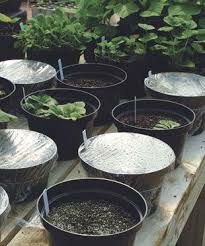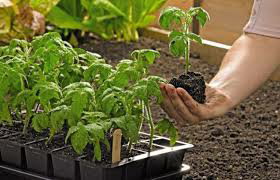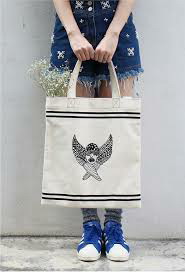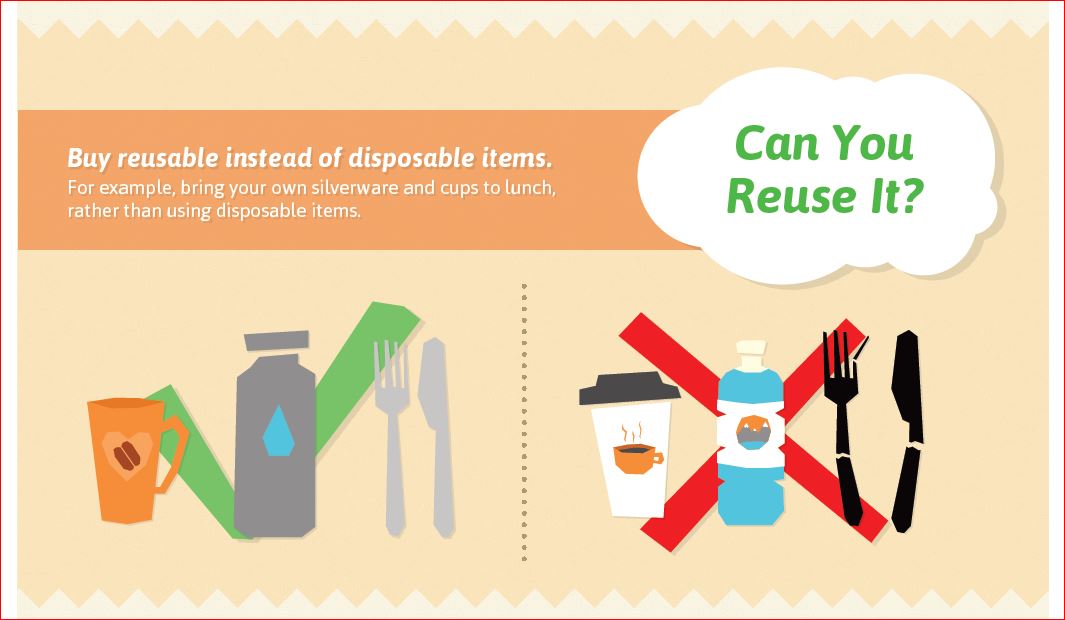Reusable over Disposable
Written by Cami Ismanova.
I often was told that a person can change the world only by changing him/herself first. The change comes when we let awareness, responsibility, commitment, and consistency into our lives. The change is often uncomfortable, annoying, and comes at a cost. It criticizes the way we live, our habits, preferences, and lifestyle. But it also is beneficial, healthy, and satisfying in the long run.
Plastic pollution is a topic that has been stressed about a million times by now. And yet here we are still struggling with it. Let me update you with some new figures to give you an idea. The Break Free From Plastic movement organized 484 major cleaning-up sessions in over 50 countries on six continents in September 2019. As a result, the movement shared its top-10 polluters. On the throne of global plastic waste sit Coca-Cola, Nestle, and PepsiCo. Following them are Mondelez International, Colgate-Palmolive, Mars, Unilever, and Phillip Morris. Corporations are being their usual selves. The main concern and the most frequent plastic item that pollutes beaches and oceans, is packaging. It is known that the biggest consumers of plastic are the high-income countries. But they do have a fairly effective system of waste management. On the other hand, middle- and low-income countries do not consume as much as the high-income countries, yet they pollute the most because of the lack of well-organized waste management. For instance, recycling is a basic step to prevent plastic pollution. But not all people follow this basic process. And not following it in 2020 is just ignorant…

If each and every one of us can lead a little healthier plastic-free lifestyle, it work wonders!

So, what little steps can we all take to make a big impact on the situation in the long run? First, think “reusable” rather than “disposable.” We can use eco-packaging instead of plastic packaging. Eco Pack products come in whatever design you like. You can even make your own design. They are washable and affordable. They will serve you long. And not just Eco Packs; in summer we all try to get out somewhere where heat can’t reach us. This is the season of picnics, camping, and water-related activities. So, as usual, some food will be delivered, disposable plastic cups will be used, and straws will be strewn all over the beaches. Why can’t we use tumblers? Just like the Eco Packs, they come in a variety of shapes and colors. They are affordable and long lasting. They are also multifunctional. You can carry coffee and tea to work, and water and a smoothie to the gym. And it’s trendy! Third, take outs. Polite Korean service workers are eager meet your customer needs by providing plastic forks and spoons when you order take-out. The easiest thing you can do is not accept the plastic utensils since you will be eating at home or at the office anyway. In general, metal cutlery is a good idea for a household. Fourth, if you like fresh veggies and fruits, why wouldn’t you do your grocery shopping at the nearest market instead of at a more distant supermarket, where one little avocado is wrapped in five layers of plastic? Smart and conscious shopping! Fifth, people have tight schedules and little time, which forces us to prepare meals in advance. We can use steel containers instead of plastic ones. But if you already use them, use them as long as they are functional, and instead of throwing them away, just plant flowers in them. That’s what I do these days. This way, you will prolong the life of that plastic piece. And this leads me to the last step: planting greens and flowers in your old plastic kitchenware. I use a plastic package of eggs that I buy to plant seeds in. It doesn’t take much time, but it certainly requires patience and consistency. Seeds and soil are extremely affordable in Korea. So, gardening is fun, fruitful, and won’t hit your pocket. In conclusion, I would like to encourage you to adapt at least one of the steps mentioned above. Plastic waste harms even the smallest of wildlife. Take baby turtles, for example. They are born with plastic particles inside of them. Our own health is doubtlessly also harmed. The Earth is choking because of air, water, plastic, noise, and light pollution. Consistent and committed collective action is what is needed now for positive results in the future. So, shall we begin?

THE AUTHOR
Cami Ismanova is a student at Chonnam National University majoring at economics. She loves to travel, listen to jazz, and read books. She is into drawing still lifes, growing plants, and writing these days. Instagram: @camidisman







